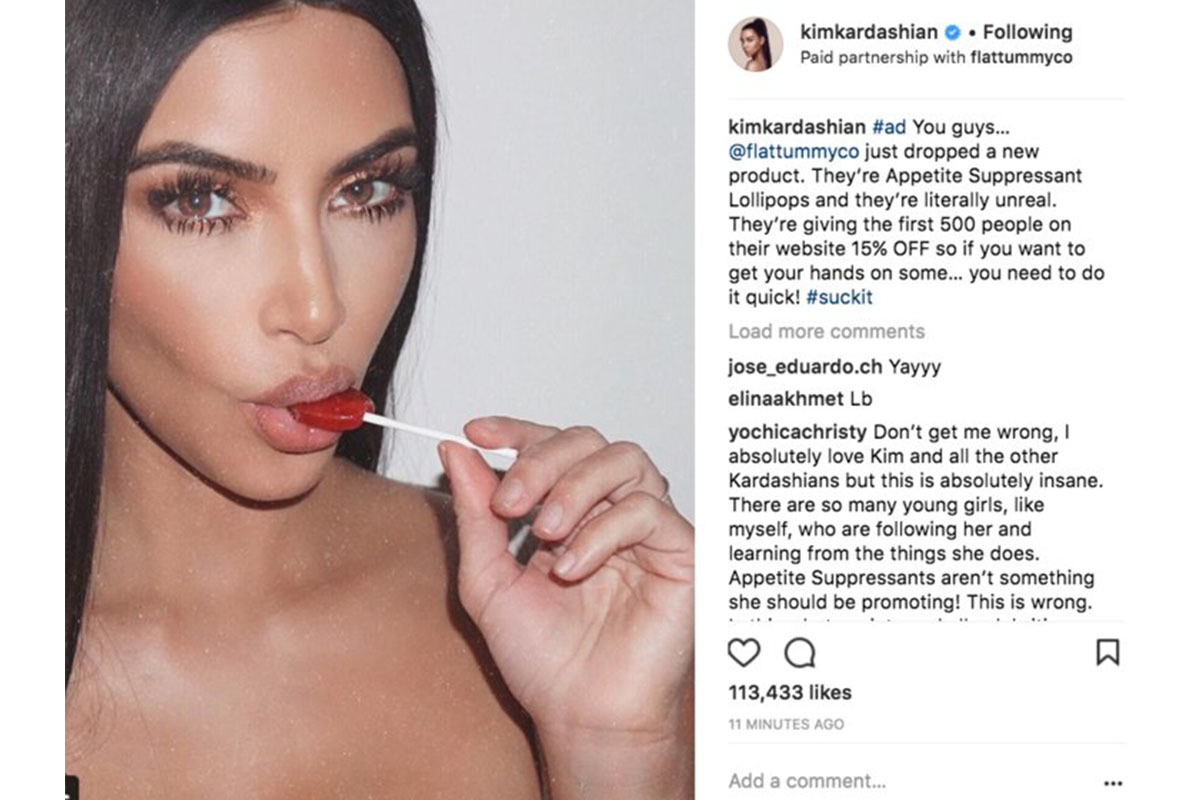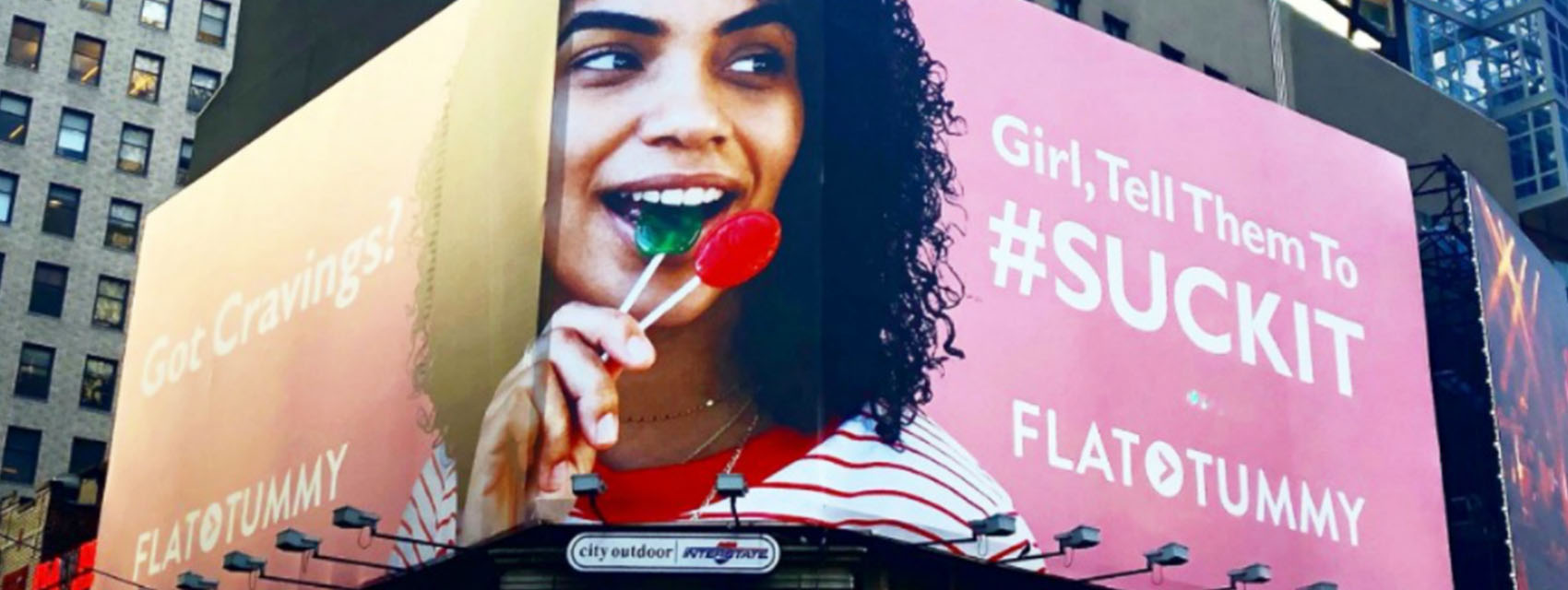Is Social Media Selling Us Self-Consciousness?
The dark side of advertising.
Self-validation is a part of human nature, whether you admit it or not. In this digital age, social media has become a somewhat catalyst of both validation and self-validation; whether it’s how many followers we have or how many likes we receive on our Instagram photos. And there’s nothing shameful about that.
The purpose of social media is self-explanatory, to be social. Instagram was created with the purpose of connecting our lives with others through sharing photos of things we enjoy doing and hey, maybe even the odd selfie if we’re feeling good about ourselves.
But, as the power of social media continues to grow, in a world of “Insta famous” models, the Kardashian’s and food suppressant lollipops, we can begin to ask the question; to what extent does it become harmful to our self- esteem and mental health?
More often, in the case of social media influencers there has become a seemingly fine line between showing people snippets of your lifestyle and selling people snippets of your lifestyle.
"You're selling us self-consciousness." Jameela Jamil explains why she thinks the Kardashians are "double agents for the patriarchy", in the latest Ways to Change the World podcast. pic.twitter.com/NWHfGH2wNs
— Channel 4 News (@Channel4News) 31. August 2018
In a recent interview, TV presenter, Jameela Jamil discussed the pressures thrusted upon young women, suggesting that influencers, such as the Kardashian’s, are “benefitting, profiting off and selling a patriarchal narrative to other women” through their endorsements of companies such as Flat Tummy Co, who sell appetite suppressants to improve weight loss.
Jamil rallied against these influencers labelling them as “double agents of feminism” comparing them to a trojan horse for patriarchy and accused them of profiting on women’s insecurities after Kim Kardashian posted a photo on her Instagram advertising meal supplement lollipops.
Feminism promotes the idea that women are in control of their actions and their own bodies. Want to get naked on the internet and show off your figure? Good for you, go for it. Insecure about something and want surgery to correct it? More power to you, that is completely ok. But, attributing your perfect body to extreme dieting and food supplements instead of the work of a skilled surgeon is not.

Women are repeatedly sold ideals of what they should strive to look like within in the media. When you have a large following on social media, whether you like it or not you have a responsibility to acknowledge the implications your posts may inflict on others.
But despite this, it can be argued that everyone is guilty of sprucing up their life on social media, Cindy Crawford once said “Even I don’t look like Cindy Crawford”. If we know that celebrities and social media don’t reflect reality, can something we know isn’t real still cause us to be self-conscious?
Selling ideals of body image has sadly become the norm. There is nothing wrong with using social media as a tool to profit from, but when you are profiting from the low self-esteem of others with less money and resources than you maybe it’s time to rethink? If a man were to promote meal supplements to women there would be outrage, so why when a woman profits from the insecurities of other women does it become overlooked?
Own your body, support women of all body images and support each other instead of making others feel insecure. Isn’t that what the feminist ideal is about anyway?
Check out Jameela Jamil’s interview here and let us know your thoughts!
Next up, How technology is affecting your relationships — and your mood.












